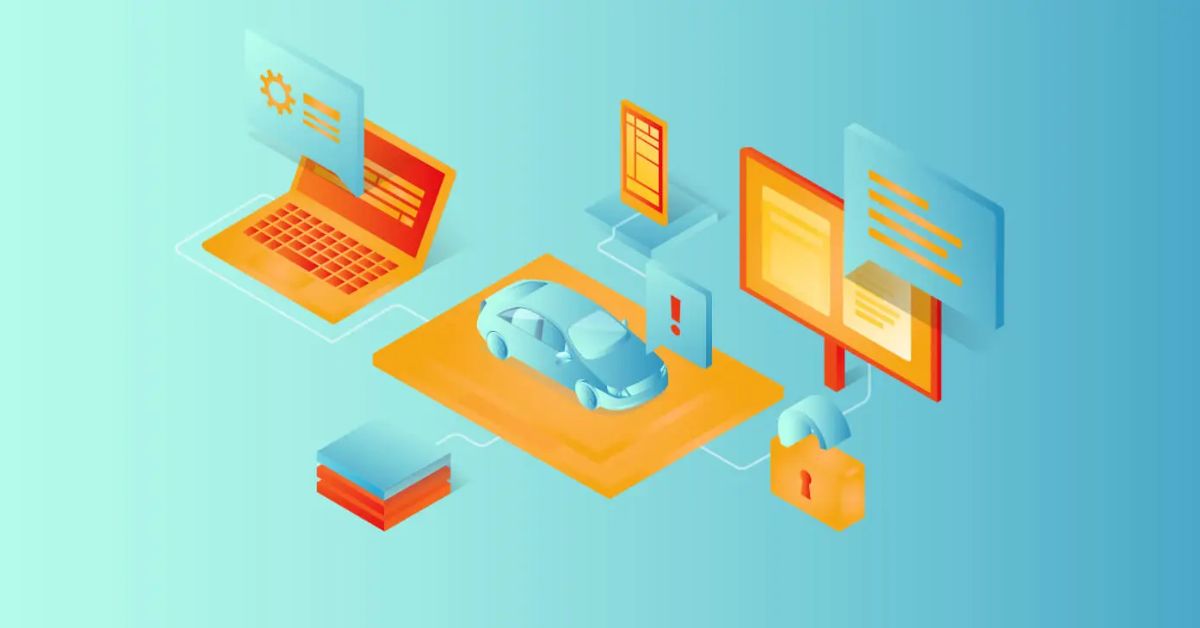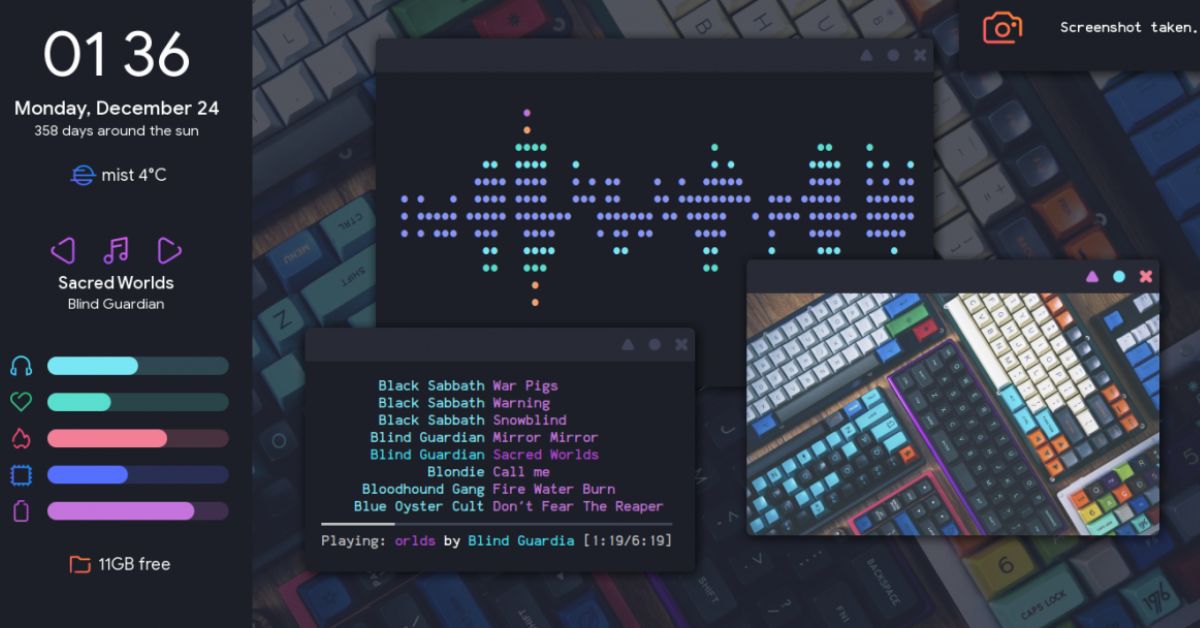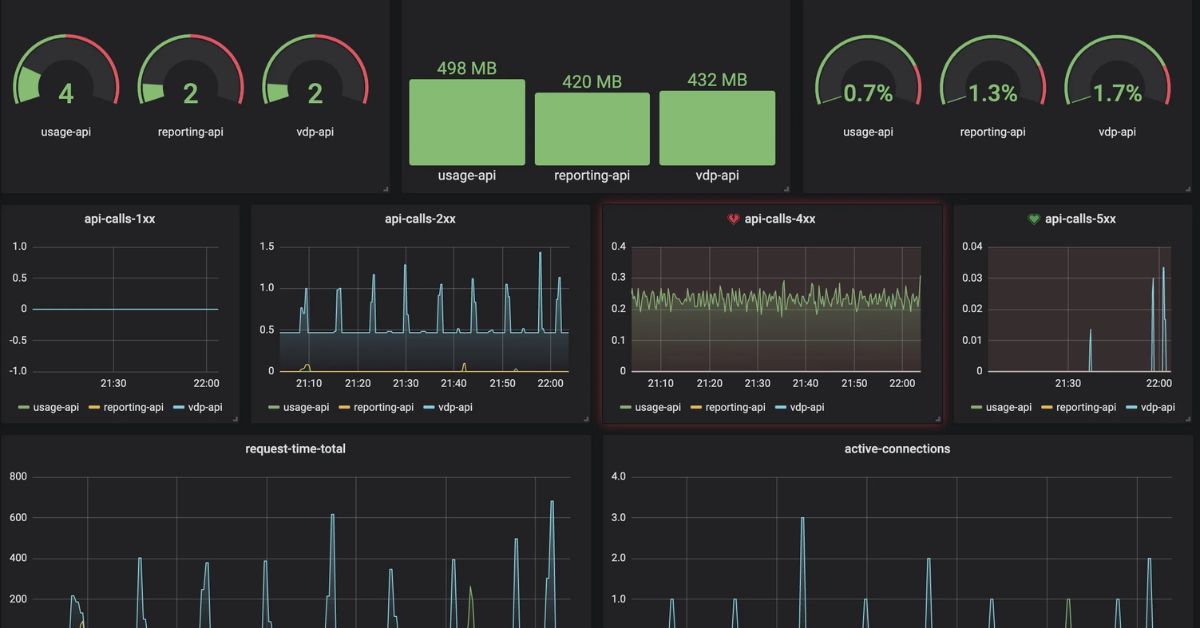Introduction
In the realm of software development few entities stand as prominently as Linux an open source operating system kernel that powers a vast array of devices from smartphones to supercomputers. One of Linuxs defining characteristics is its transparent and open development process which invites community involvement at every stage. In this blog post, we will delve into the significance of transparency in the development of Linuxexplore how the community plays a pivotal role, and examine the benefits of this collaborative approach.
Understanding the Linux Development Model
Linux operates on a unique development model known as the open-source model. Unlike proprietary software, where the source code is hidden and controlled by a single entity, Linux’s source code is freely available to the public. This openness allows anyone to view, modify, and distribute the code, fostering a culture of collaboration and innovation.
Transparency in the Linux development process is epitomized by the way changes and improvements are made to the kernel. Developers from around the world contribute to the codebase, submitting patches and updates through a systematic process overseen by Linus Torvalds, the creator of Linuux. Each proposed change undergoes rigorous review by experienced maintainers and developers, ensuring that only the highest quality code is integrated into the kernel.
Community Involvement: The Heart of Linux Development
At the core of Linux’s success is its vibrant and diverse community of developers, enthusiasts, and users. Unlike traditional software projects, where development is confined to a select group of professionals, Linux welcomes contributions from anyone with the requisite skills and passion. This inclusive approach has democratized software development, empowering individuals from all walks of life to participate in shaping the future of technology.
Community involvement in Linux takes many forms, from writing code and submitting bug reports to providing user support and advocating for the adoption of open-source software. The Linux community thrives on collaboration and mutual support, with forums, mailing lists, and online repositories serving as hubs for discussion and knowledge sharing. Through these channels, developers exchange ideas, troubleshoot issues, and work together to overcome challenges, fostering a sense of camaraderie and collective ownership.
Benefits of Transparent and Open Development
The transparent and open development process of Linux yields numerous benefits, both for individual contributors and the broader ecosystem of technology. For developers, participation in the Linux community offers unparalleled opportunities for skill development, networking, and recognition. By contributing to a high-profile project like Linux, developers can showcase their expertise, build their reputation, and gain valuable experience working on complex and mission-critical systems.
Moreover, the collaborative nature of Linux development fosters innovation and accelerates the pace of technological advancement. With thousands of eyes scrutinizing the codebase, issues are identified and resolved swiftly, leading to more robust and reliable software. The open-source nature of Linux also promotes interoperability and compatibility, allowing different software projects to seamlessly integrate with one another and fostering an ecosystem of innovation.
Furthermore, the transparency of theLinux development process instills trust and confidence among users and stakeholders. Unlike closed-source software, where users must rely on the assurances of vendors, Linuxusers can inspect the code themselves to verify its integrity and security. This transparency enhances accountability and mitigates the risk of hidden vulnerabilities or backdoors, making Linux a preferred choice for mission-critical applications and sensitive environments.
Challenges and Future Directions
While the transparent and open development process of Linuxhas been instrumental in its success, it is not without its challenges. As theLinux ecosystem continues to grow and evolve, maintaining consensus among a diverse community of contributors becomes increasingly complex. Balancing competing interests, resolving conflicts, and ensuring the inclusivity of marginalized voices are ongoing challenges that require thoughtful governance and community engagement.
Looking ahead, the future of Linuxdevelopment lies in embracing emerging technologies and expanding the reach of open-source principles. With the rise of cloud computing, artificial intelligence, and the Internet of Things, inux is poised to play an even greater role in shaping the digital landscape. By fostering collaboration, innovation, and inclusivity, the inux community can continue to push the boundaries of what is possible and create a more equitable and sustainable future for technology.
Summary
The transparent and open development process of Linux exemplifies the power of community driven innovation. By embracing transparency, inclusivity, and collaboration, Linux has revolutionized the world of software development and set a precedent for the future of technology. As we navigate the complexities of an increasingly interconnected world the principles of openness and transparency embodied by inux serve as guiding beacons illuminating a path towards a more equitable and prosperous future for all.




